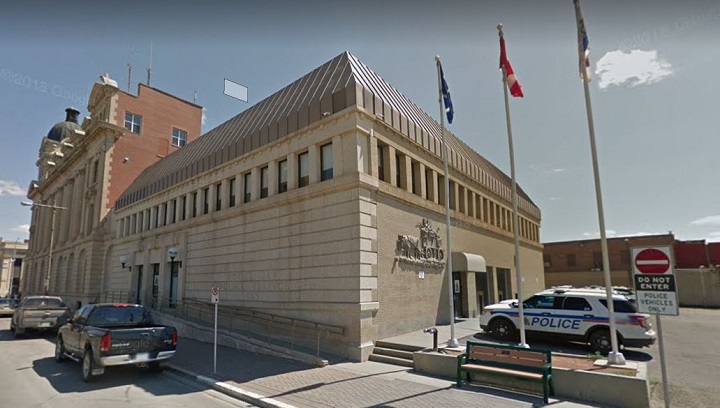Although doors to the Moose Jaw Police Service remain open, it’s encouraging the public to call in police-related inquires rather than coming into the station due to the COVID-19 pandemic.

Moose Jaw police also announced they are suspending criminal record checks, inspection tickets and civilian fingerprinting operations.
“The Moose Jaw Police Service is committed to the safety of the citizens of the community and its staff and has implemented policy and procedures to maintain policing levels during this difficult time,” the department sent out in a media release.
Moose Jaw police are also asking the public to inform officers of any COVID-19 symptoms when using emergency services.
“The Moose Jaw Police Service wants to again reassure the public that we are well trained and prepared to manage our community’s safety in the face of COVID-19,” the release continued.
“We ask that you consider the best way we can serve you as we work hard to keep our staff safe so that we can keep the community safe.”
Moose Jaw police are directing all questions about COVID-19 to the Saskatchewan health website.
Emergency calls can still be made to 911.
Questions about COVID-19? Here are some things you need to know:
Health officials say the risk is low for Canadians but warn this could change quickly. They caution against all international travel. Returning travellers are asked to self-isolate for 14 days in case they develop symptoms and to prevent spreading the virus to others.
Symptoms can include fever, cough and difficulty breathing — very similar to a cold or flu. Some people can develop a more severe illness. People most at risk of this include older adults and people with severe chronic medical conditions like heart, lung or kidney disease. If you develop symptoms, contact public health authorities.
To prevent the virus from spreading, experts recommend frequent handwashing and coughing into your sleeve. And if you get sick, stay at home.










Comments